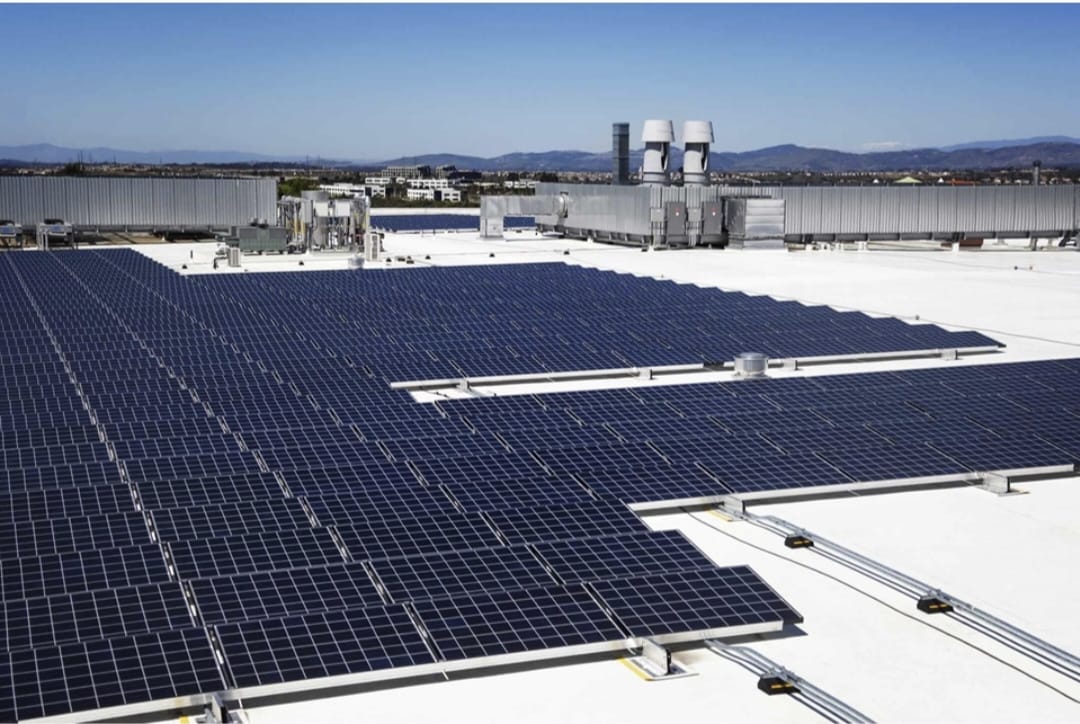Sustainability ceased to be a trend but is the current dictate of businesses in this age. Enterprises are looking to contribute to reducing the environmental footprint with the twin objective of bringing down operational costs. Commercial solar energy systems, mainly through commercial solar installation, are among the most effective solutions that have emerged. Such an innovative approach strengthens a company’s commitment to sustainability and dramatically enhances energy efficiency. Additionally, this transition fosters innovation within the company, leading to potential advancements in other business operations and further solidifying its role as a forward-thinking leader in the industry.
The Rise of Commercial Solar
The world’s growing concern about using renewable energy sources has notably contributed to the adoption of commercial solar systems. Before, only a few institutions adopted a form of renewable energy, but now solar energy has become popular in every company. The decline in the number of solar panels, technological advancements, and favourable government policies have also enhanced the use of solar energy.
Economic Benefits
They are valid economic propositions because they generate substantial power from commercial solar installation. Even though the initial costs of purchasing solar technology are high, money is saved on bills afterwards. It helps companies produce electricity independently and escape the volatile energy market. In addition, many bonuses, like tax credits and rebates, are available in many regions, which boosts the overall investment.
Enhancing Energy Efficiency
Energy efficiency is an imperative part of a company’s operational management. Solar power can enhance energy efficiency when incorporated into the system. Photovoltaic cells directly transform the sun’s energy into electricity with minimal energy losses on transmission. This localised generation means businesses can generate electricity near where it is used for maximum efficiency.
Commercial solar systems can also be paired with battery storage solutions. It allows businesses to reserve excess energy produced during peak sunlight hours and use it during low production or high demand. Such systems ensure a consistent and reliable energy supply, optimising overall efficiency.
Environmental Impact
As for commercial solar energy, its positive impacts on the environment are impressive. Fossil fuel power plants that primarily use coal and natural gas as fuel are widely regarded as significant emitters of greenhouse gases and pollutants. Solar energy can eliminate several problems businesses face when decreasing their carbon emission footprint. Besides, it also becomes an advantage in the fight against climate change and improves the company’s image of being a responsible corporate citizen.
Today’s consumers are concerned about the environmental management systems of organisations they associate with. Embracing solar energy can improve a firm’s brand image, attract clients interested in ecological conservation, and boost sales. Furthermore, it promotes positive changes and behaviour among the companies to adopt sustainable strategies for themselves and the community.
Implementation Considerations
The installation of a commercial solar system is best carried out with the necessary planning. Companies need to determine their energy requirements, estimate the site’s compatibility for solar installation, and identify problems like shading or space restrictions on the roof. One needs to work with experienced providers of Commercial Solar Installation services. These professionals are in a position to provide proper, specific assessments, correct implementation of solutions, and adequate maintenance of the systems.
Conclusion
Commercial solar energy systems are one of the most proactive approaches since they have economic and environmental benefits. In particular, solar energy increases energy efficiency and energy savings, decreases operational costs, and meets corporate social responsibility standards. An atmosphere that promotes renewable energy would see companies that adopt solar technology place themselves strategically in the new energy economy. Solar energy is not just a financially wise business decision but a decision to invest in a sustainable and prosperous future.

